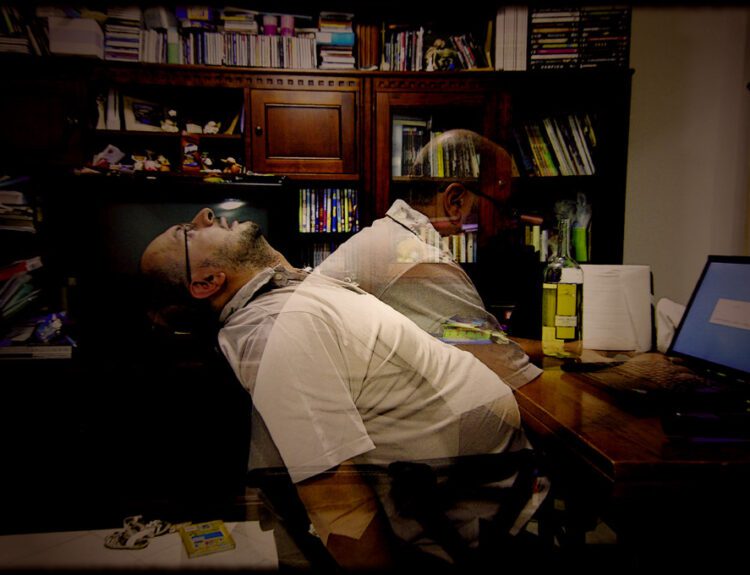Fear of betrayal is the root cause of trust issues, which frequently manifest as emotional distance, overanalyzing, and jealousy. They may be brought on by trauma, insecurity, or past hurt. This causes disagreements, mistrust, and ongoing uncertainty in relationships. Finding triggers, establishing limits, and enhancing communication are all necessary to address trust issues. To overcome them and restore trust and emotional safety, both partners must be patient, honest, and put forth effort.
What Are Trust Issues?
Trust issues refer to a persistent difficulty in believing others’ intentions, honesty, or loyalty. People with trust issues often assume others will hurt or betray them, even when there’s no clear reason to believe so. These issues can show up in romantic relationships, friendships, family bonds, and even at work.
While some mistrust is healthy and helps you set boundaries, trust issues go beyond caution—they block intimacy, damage communication, and cause emotional distance.
What Are Signs of Trust Issues?
Trust issues can be subtle or loud, but the signs are often clear once you start noticing the patterns. Common signs include:
- Constant suspicion of others’ intentions
- Overthinking or assuming the worst
- Jealousy or possessiveness
- Fear of commitment or avoidance of deep connections
- Difficulty forgiving past wrongs
- Checking phones, emails, or social media for signs of betrayal
- Feeling the need to control others to feel secure
- Withdrawing emotionally when things get serious
These behaviors can feel like self-protection, but they often lead to self-sabotage.
Why Do I Have Trust Issues?
Trust issues usually don’t appear out of nowhere. They’re often rooted in past experiences that shaped your beliefs about people and relationships. Common causes include:
- Childhood trauma – inconsistent caregivers, neglect, or emotional abuse
- Past betrayal – cheating, broken promises, or dishonesty from someone close
- Toxic relationships – manipulative or emotionally abusive partners
- Attachment issues – developed from insecure or avoidant attachment styles
- Low self-esteem – believing you’re unworthy of loyalty or love
Understanding the source of your trust issues is the first step toward breaking free from them.
Trust Issues in a Relationship
When trust issues enter a romantic relationship, they can silently erode the bond between partners. You may find yourself needing constant reassurance, checking up on your partner, or shutting down emotionally.
If both people in the relationship are dealing with trust issues, communication becomes strained, conflicts escalate quickly, and emotional closeness fades. Even if love is present, a lack of trust can make the relationship feel unsafe and exhausting.
But the presence of trust issues doesn’t mean your relationship is doomed—it means healing is needed, both individually and as a couple.
How to Fix Trust Issues
Fixing trust issues isn’t about ignoring your feelings or pretending everything is fine. It requires honest reflection, consistent actions, and a willingness to grow. Here are a few steps to start healing:
- Acknowledge the issue – Stop denying or minimizing it. Recognize that trust issues are impacting your life.
- Identify your triggers – Notice what situations or behaviors bring out fear or suspicion in you.
- Communicate openly – Talk to trusted people about how you feel without blaming them.
- Set healthy boundaries – Boundaries build trust, not destroy it.
- Challenge negative thoughts – Not everyone is out to hurt you; practice balanced thinking.
- Seek professional help – Therapy can be a powerful space to explore the roots of your mistrust and build healthier patterns.
How to Overcome Trust Issues in a Relationship
Overcoming trust issues in a relationship takes teamwork. It’s not just about one person changing—it’s about creating a safe space where vulnerability is met with care. Here’s how couples can move forward together:
- Build transparency – Be open about your actions, feelings, and decisions. Honesty builds security.
- Be patient – Healing doesn’t happen overnight. Respect your partner’s journey and your own.
- Practice emotional safety – Avoid shaming, blaming, or dismissing your partner’s concerns.
- Repair after conflicts – Every argument is an opportunity to show each other you’re still safe.
- Create shared goals – When you work toward something meaningful together, trust naturally grows.
If needed, couples therapy can help you both learn tools to rebuild trust and strengthen your connection.
Conclusion
Trust issues can feel like a constant barrier in your personal and romantic life, but they are not a life sentence. By understanding where they come from, recognizing the signs, and taking active steps to heal, you can rebuild trust in yourself and others. Whether you’re working through this on your own or with a partner, growth is possible. Healing takes time—but every small step counts.







